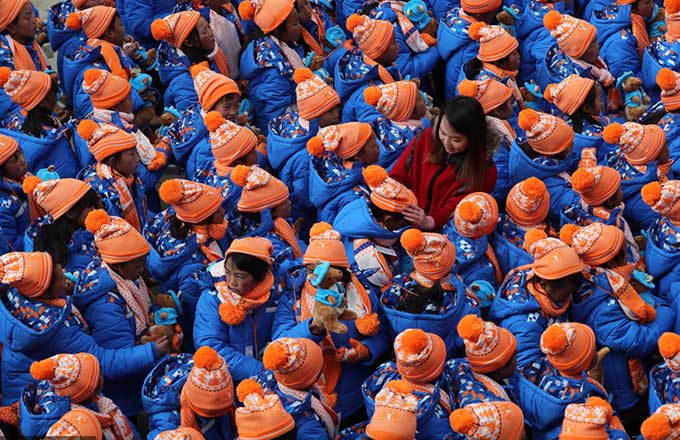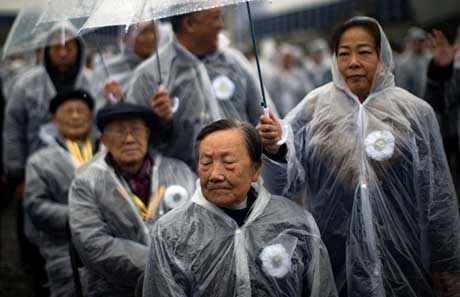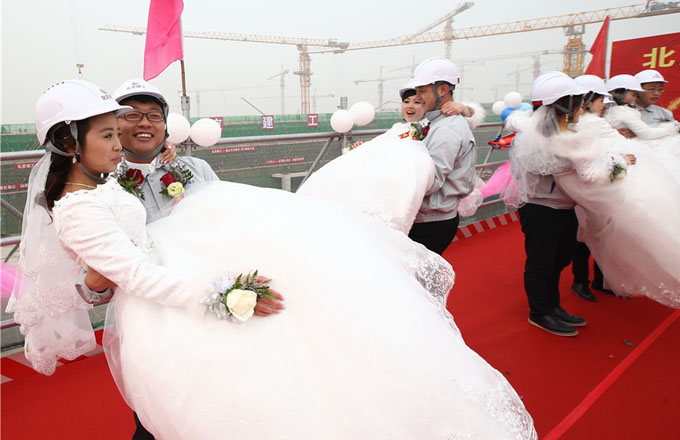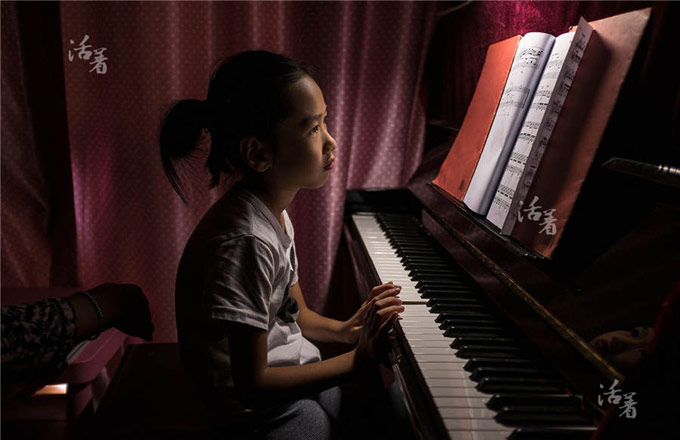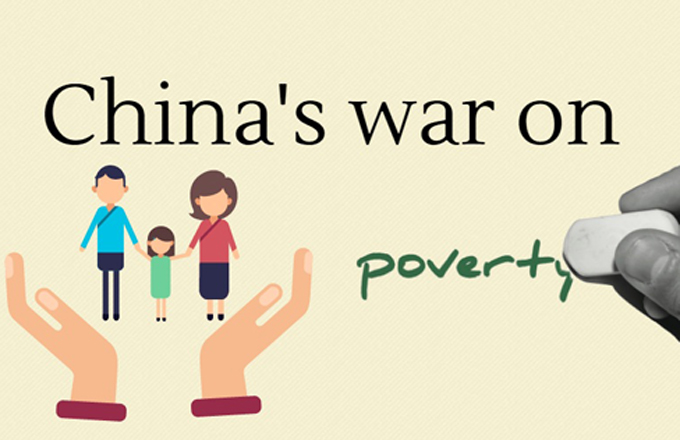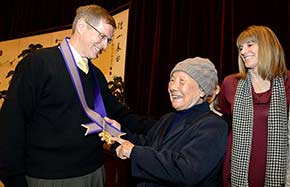Mekong murderers' execution just: authorities
KUNMING - The upcoming execution of four Mekong River murderers manifests judicial sovereignty and judicial authorities' protection of Chinese citizens' legitimate rights and interests, prosecution authorities in Southwest China's Yunnan province have said.
Myanmar drug lord Naw Kham and three of his accomplices, all of whom were convicted of murdering 13 Chinese sailors on the Mekong River in 2011, will be executed on Friday, the Kunming Intermediate People's Court(KIPC) said on Wednesday.
They will be executed by lethal injection in the city of Kunming in Yunnan province, the court ruled.
Naw Kham's three accomplices were identified as Hsang Kham from Thailand; Yi Lai, stateless; and Zha Xika, Laotian.
"The trial of the Naw Kham case is in accordance with the law and manifests related rules of China's criminal laws," Yan Hui, presiding judge in the first instance of the case, told Xinhua in an interview on Wednesday.
The case built up sufficient evidence. According to China's criminal laws, the criminal measures taken by the four murderers were held to be extremely cruel and the consequences extremely serious. "They were sentenced to death due to combined punishment according to laws," Yan added.
Prosecutor Zhang Weiting from the People's Procuratorate of Yunnan province told Xinhua that "intentional murder is the heaviest crime in China and the murderers deserve their sentence."
The execution will be supervised by the Kunming People's Procuratorate.
"Lethal injection can better demonstrate judicial progress," said Cai Shunbin, spokesman for the KIPC.
The KIPC received a judgment regarding the judicial review, as well as the execution order on Feb 22. The convicts were informed of the judgment on Feb 24.
"Naw Kham has learned that he will be executed. We have arranged translators to accompany and chat with him, plus psychological counseling," said Yang Xiaoping, a judge of the case from the KIPC.
"Naw Kham's current situation is relatively stable and nothing special is happening," said Yang.
According to the KIPC judge, after Naw Kham was informed of the verdict, he maintained that he had paid compensation and confessed, so hoped that the Chinese government can be lenient.
After the judge explained to him that execution is the final verdict, he said that he has 10 children and hoped to meet them though he cannot remember their phone numbers, Yang said.
"We have informed the consulate of Naw Kham's hope and not received any applications to meet him so far," he added.
The court already arranged for officials from the Royal Thai Consulate General in Kunming, as well as some of the convicts' relatives, to meet with the convicts on Thursday morning.
The meeting was in accordance with Chinese law, a note from the Thai consulate and applications from convicts' relatives, according to the KIPC.
After the execution, the court will hand over their remains, wills and personal belongings to their relatives or relevant consulates.
"Given the current situation, since the downfall of Naw Kham's gang, the security of Mekong waters has been fine," noted Wu Ruzhen, liaison officer to Myanmar from China's Ministry of Public Security.
Naw Kham and his gang members were found to have masterminded and colluded with Thai soldiers in an attack on two Chinese cargo ships, the Hua Ping and Yu Xing 8, on Oct 5, 2011 on the Mekong River.
Under Naw Kham's instructions, several of his subordinates were also found to have kidnapped Chinese sailors and hijacked cargo ships in exchange for ransom in early April 2011.
The gang was broken up in early 2012 in a joint operation by police from China, Laos, Myanmar and Thailand after the brutal murders of Chinese sailors triggered calls to rein in rampant crime in the border region.
Naw Kham and the other three convicts were given death penalties on Nov 6, 2012.
Another two members of Naw Kham's gang, identified as Zha Bo and Zha Tuobo, received a death sentence with reprieve and eight years in prison, respectively.
Nicknamed "the Godfather," Naw Kham was the boss of the largest armed drug trafficking gang on the Mekong River, which flows through China, Laos, Myanmar, Thailand, Cambodia and Vietnam
- Mekong River murderers to be executed
- Court upholds death sentences for Mekong murderers
- Four in Mekong River attack sentenced to death
- Mekong River suspect pleads guilty
- Suspect of Mekong River attack pleads guilty
- Mekong security in focus as China tries drug lord
- Mekong murder trial a model of judicial co-op






